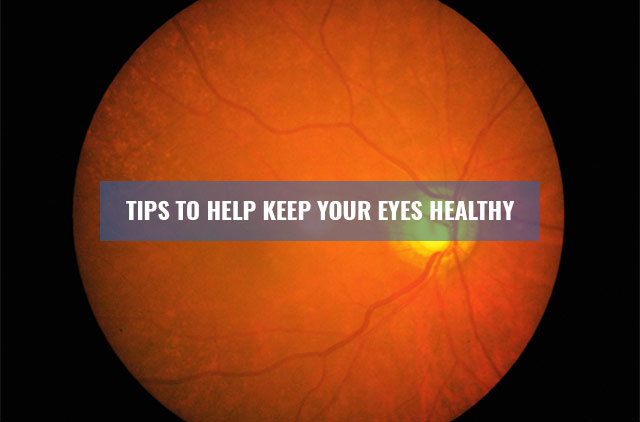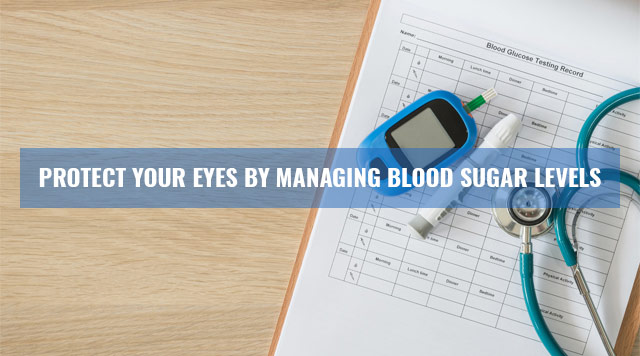
A diagnosis of Type 2 Diabetes is rapidly increasing throughout the world. This disease is typically preventable and if left untreated can effect your overall health including your eyes. Diabetic eye disease worsens as time passes and can cause eye damage and the ability to see. Conditions that can develop due to diabetes include diabetic retinopathy, diabetic macular edema, cataracts, and glaucoma. If you have been diagnosed with diabetes, it is important that you also make an appointment with an ophthalmologist to manage the progression. Contact Grosinger, Spigleman & Grey located in Bloomfield Hills, Michigan to schedule an appointment.



